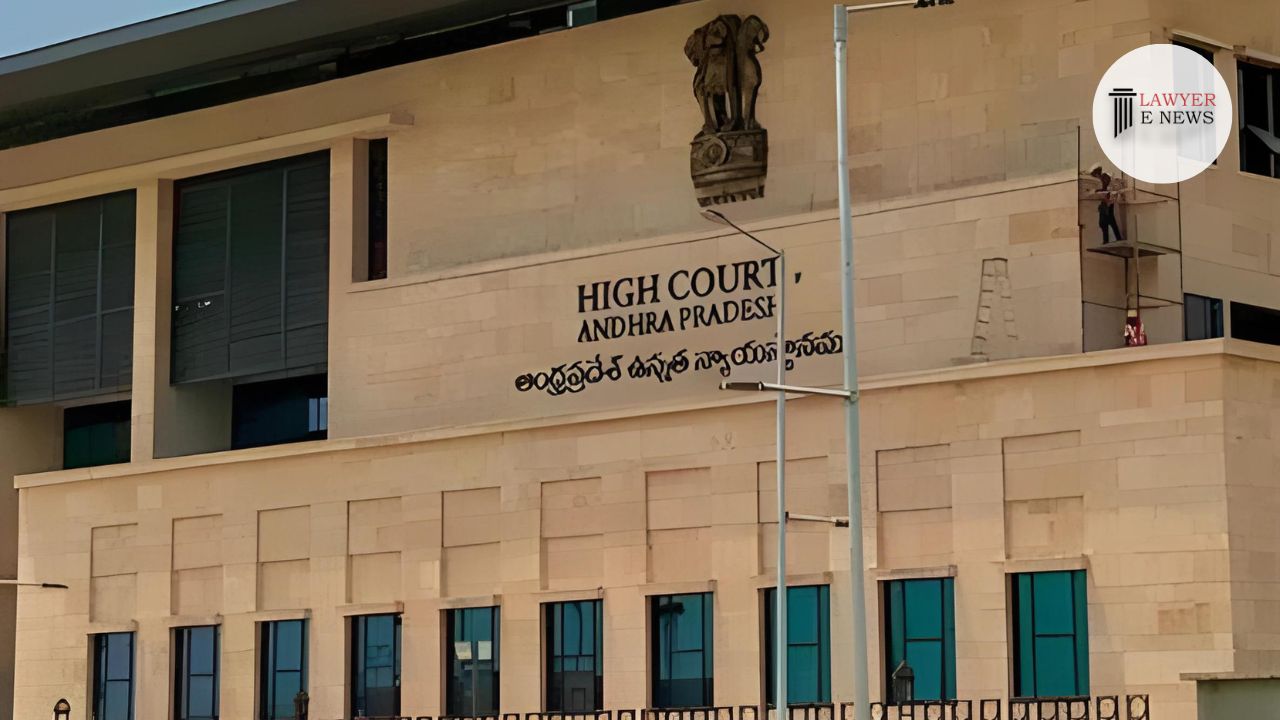-
by Admin
15 February 2026 5:35 AM



Court dismisses undue influence claims, confirming vested rights under disputed settlement deed, clarifying key property law principles. The High Court of Andhra Pradesh has upheld the validity of a settlement deed in the long-standing case between Pinninti Anasuya and Egala Surya Mohana Rao and others. The court dismissed the second appeal challenging the first appellate court’s decision, which had confirmed the validity of the settlement deed executed by Smt. Egala Venkayamma in favor of her grandson, later revoked by her. The judgment clarifies the legal distinction between a settlement deed and a will, emphasizing the intent and contents over the nomenclature of the document.
The central issue in the case was whether the disputed document (Ex.A.2) was a settlement deed or a will. The court examined the contents of Ex.A.2, which indicated a clear intention to create vested rights in favor of the respondent, with possession postponed until the settlor’s death. The court remarked, “The right to possess the property alone was postponed till her death. The right to possess the property and enjoy it alone was retained by the executant during her lifetime.”
Both the trial and appellate courts had previously dismissed claims of undue influence in the execution of the settlement deed. The High Court concurred, finding no evidence to support the appellant’s allegations of undue influence or fraud. The judgment noted, “Ex.A.2-registered settlement deed is a fair and voluntarily executed document and it was not an outcome of undue influence or fraud.”
The court extensively analyzed the principles of contingent and vested interest under the Transfer of Property Act, 1882. The judgment highlighted, “An interest is said to be a vested interest when there is an immediate right of present enjoyment or a present right for future enjoyment.” The document Ex.A.2 was found to confer an immediate right of future enjoyment to the respondent, indicating a vested interest.
The appellant, a pendente lite purchaser, had failed to exhibit documentary evidence of title before the first appellate court. The court criticized the appellant for prolonged litigation without establishing her claim, holding her liable for costs.
Justice Dr. V.R.K. Krupa Sagar remarked, “The right of possession alone was postponed. The right to possess the property and enjoy it alone was retained by the executant during her lifetime. Thus, it is a clear case of reserving mere right of enjoyment while vesting the real interest in the property to the settlee at praesenti.”
The dismissal of the second appeal by the High Court underscores the judiciary’s commitment to upholding the true intent of property transfer documents. This judgment is expected to have significant implications for future property disputes, particularly in distinguishing between settlement deeds and wills. It reinforces the importance of the document’s content over its title, ensuring that the actual intent of the parties is given primacy in legal determinations.
Date of Decision: 19th June 2024
Pinninti Anasuya v. Egala Surya Mohana Rao and Others
